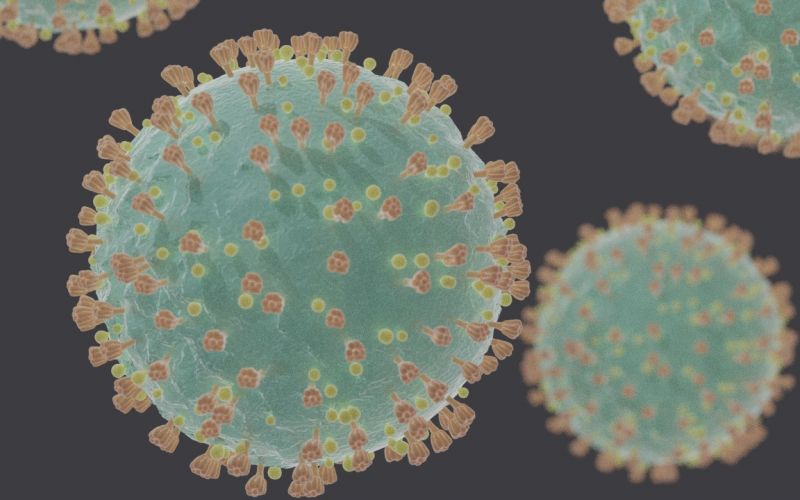
Picture credit: Felipe Esquivel Reed and Wikimedia Commons.
Lucinda Lai and colleagues have created an app that helps emergency doctors help COVID-19 patients at the end of life.
By developing an app that seamlessly integrates palliative care into emergency medicine practice, we can better deliver care that is compassionate, rational and well-aligned with patients’ values and goals.
Lucinda Lai
A Gates Cambridge alumna has helped to create an app to bridge the gap between emergency medicine and palliative care during the COVID-19 pandemic.
The PalliCOVID.app rapidly disseminates palliative care resources and support to doctors who are caring for COVID-19 patients at the end of life. These include clinical guidelines to minimise pain and suffering, as well as evidence-based communication tools to help doctors manage difficult conversations about death and dying with patients and their family members.
The impetus for PalliCOVID came about when Lucinda Lai [2012] and colleagues in Boston began to see an influx of critically ill patients arriving to the emergency department with suspected COVID-19 infection – arriving much sicker than these doctors were used to seeing. The sickest patients tended to be older and carry a high burden of chronic disease. These patients had a high likelihood of dying from COVID-19 infection regardless of the medical interventions pursued, so emergency physicians often consulted with colleagues specialised in palliative care medicine to work with families and determine appropriate goals of care.
As COVID-19 infections began to surge and the demand for palliative care consultation grew, a group of emergency medicine and palliative care doctors at Partners HealthCare collaborated to build this app. The resources featured on PalliCOVID were created by palliative care specialists who wanted to empower frontline clinicians to deliver end of life care that is dignified and in line with patients’ wishes. They focused on improving overall communication among patients, family members and medical staff and avoiding invasive, potentially harmful interventions that patients would not want for themselves.
Lucinda, who did an MPhil in Sociology and is currently working as an Emergency Medicine Resident at Massachusetts General Hospital, says: “It has been so critical to have these kinds of goals of care discussions right from the beginning, even though many emergency physicians feel very uncomfortable with these tough, emotionally-fraught conversations. We tend to rely on palliative care specialists to do that work at a later time. By developing an app that seamlessly integrates palliative care into emergency medicine practice, we can better deliver care that is compassionate, rational and well-aligned with patients’ values and goals.”
The app is publicly accessible and can be used on a mobile phone or desktop computer. Some functions, however, are only accessible to Partners users, including direct access to the hospital paging system. This enables emergency doctors to get in touch quickly with palliative care specialists when they need them. Content on the app has been vetted by palliative care experts at Partners HealthCare System, an innovative not-for-profit health care system, and is frequently updated to represent best practices.

Lucinda Lai
- Alumni
- United States
- 2012 MPhil Social Anthropology
- Pembroke College
I grew up in a hub of Southeast Asian American cultures and communities in San Jose, California. I worked for a community-based organization on the Thai-Burma border dedicated to the mental health of Burmese refugees. I have since completed an MPhil in Sociology, received my MD from Harvard Medical School, and began residency training in Emergency Medicine at Massachusetts General Hospital.
Previous Education
Stanford University












